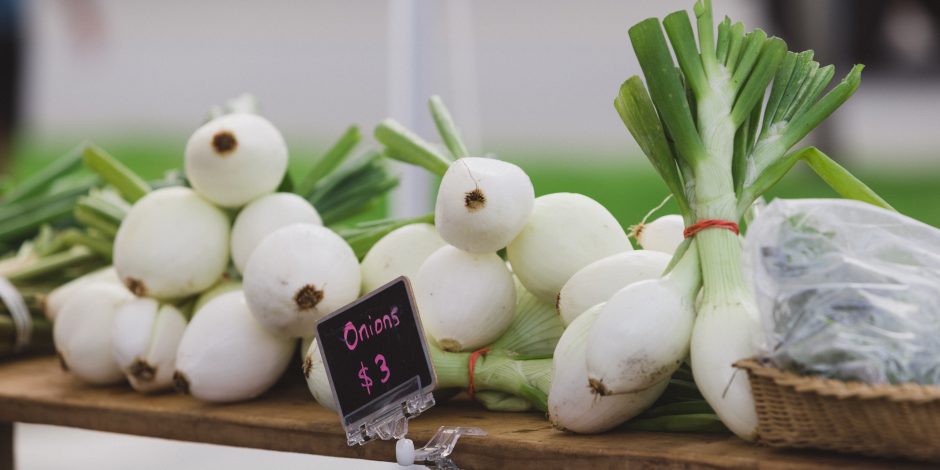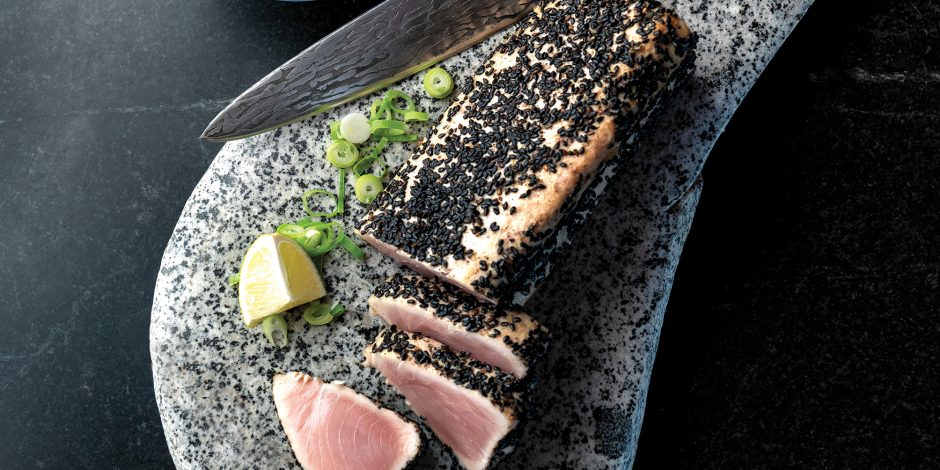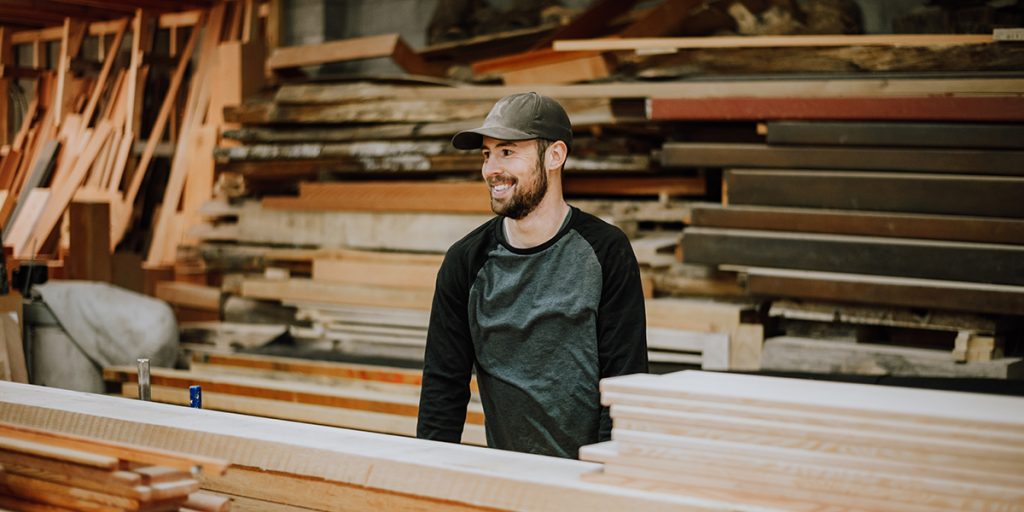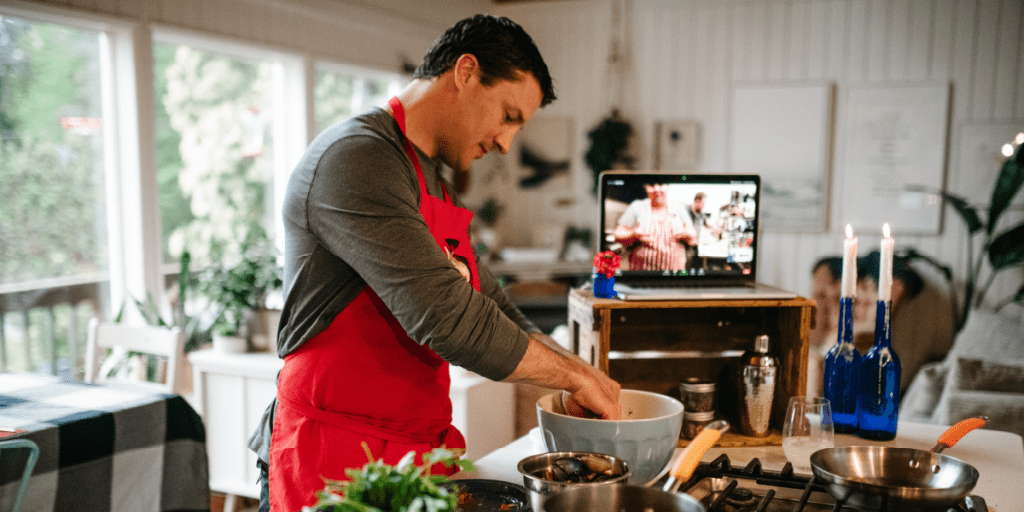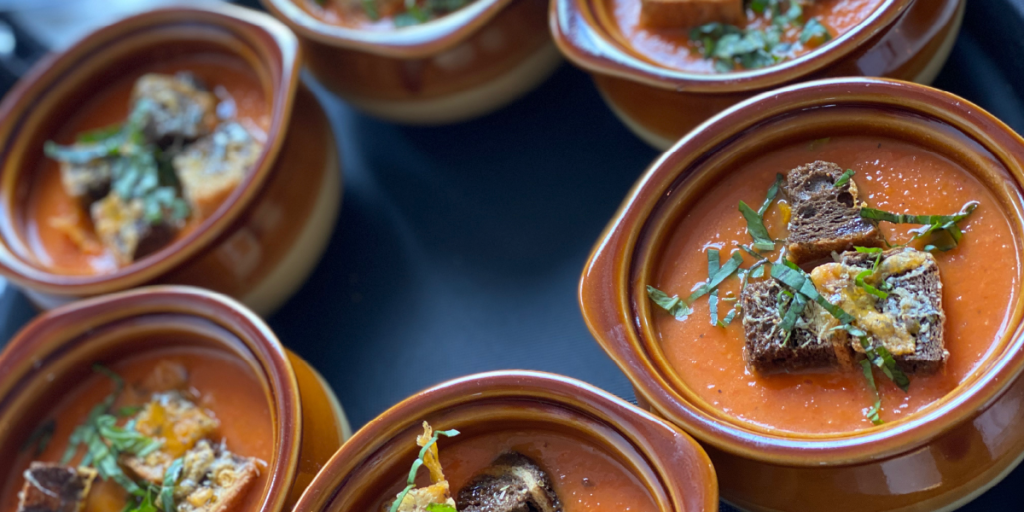The Strathcona Food Hub, put simply, is a group of collaborators working on contemporary food issues in the Strathcona region. The Hub works with communities to establish more well-rounded, accessible, and sustainable food programming across the entire Strathcona region.
Defining food security is less simple. At the Hub, we think of it this way. Food security is achieved when everyone has equitable access to food that is affordable, culturally preferable, nutritious, and safe. As well, it means that everyone has the agency to participate in and influence food systems. They are able to form systems that are resilient, ecologically sustainable, socially just, and honour Indigenous food sovereignty.
Food sovereignty has to do with people’s right to define and control their own food production and agriculture systems. It speaks to people being able to access healthy and culturally appropriate food produced through ecologically sound and sustainable methods.
Food sovereignty can be thought of as a return to what our ancestors’ natural food systems once resembled. It is a turn away from big box stores, plastic packaging, and eating pineapples in December. Food sovereignty, and especially Indigenous food systems, respects and nurtures relationships in the natural world that foster sustainability and biological diversity while sharing food in a community-driven way. We recognize that achieving food security requires a spectrum of activities from food banking and making community meals to growing local food. It includes composting and increasing food literacy.
At the Hub we are able to support various projects on this spectrum. We’ve helped fund a coordinator at the Mowachaht/Muchalaht First Nation Healing Garden, improved infrastructure with the Cortes Island Food Network, installed a walk-in cooler at the Hama?elas Community Kitchen, and supported distribution of rescued food across our entire region. These projects would not have been possible without fierce and intentional community engagement. Since December 2021, recurring community- led meetings have focused on the special geographic and even political barriers that make it difficult for remote communities to access food.
Those of us who live in Campbell River may be shocked to realize how far some families have to travel just to buy fresh food. For the Kyuquot/Checleseht First Nations, travel costs alone to the nearest grocery store are over $400. Thankfully, the Greenways Land Trust Good Food Box program has reduced some of this strain on small communities by delivering fresh fruit and vegetables at subsidized prices.
The squad of local coordinators distributes over 100 household boxes per month. With gas and food prices skyrocketing, this service is necessary to many families and individuals. Of course, the biggest bonus is that more people are not just saving money but also are getting exactly what the program says: good food. The Good Food Box’s next undertaking will include more locally grown food in the boxes, and perhaps a nutritious delight or two.
However, remote communities need more than just a way to buy food. Community capacity for meal programming and food sourcing within Strathcona, but outside Campbell River, are rare. Like most urban centres, Campbell River has food services such as the Campbell River and District Food Bank, Greenways Land Trust-supported Community Gardens, the Farmers Market Coupon program, the Salvation Army Centre of Hope, and the Hama?elas Community Kitchen. We want to see services and opportunities like these accessible to everyone within our reach.
In all of our work, we ask people to think in new ways about where food comes from and and where it should go—imagine food production and distribution outside the box.

